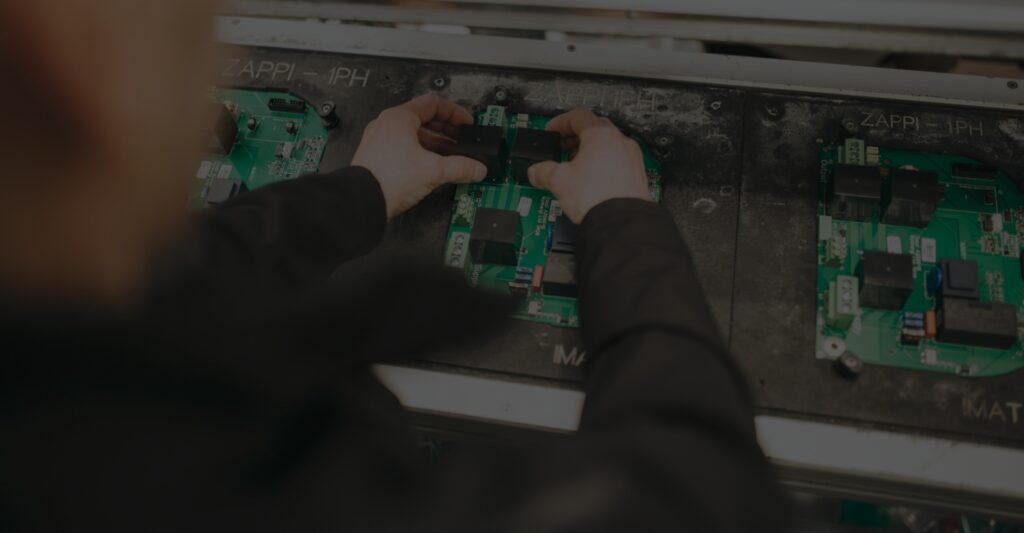
Can I get an electric car grant in Ireland?
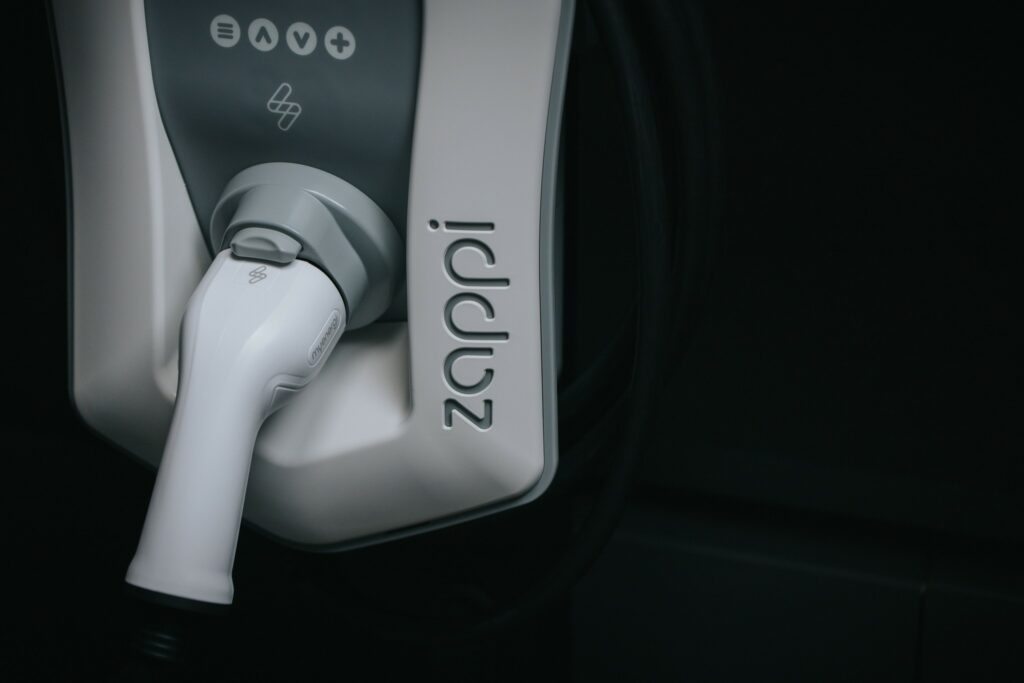
Everything you need to know about the SEAI electric car grant
Article updated October 2024
The zappi car charger is available with up to €300 off with the SEAI grant.
EV Home Charger Grant Scheme will only support smart chargers registered onSEAI’s Smart Charger Register through Triple E. Therefore, to purchase a electric car charger you will need to check the list to ensure it is approved for the Government funding. Any manufacturers not on the list, will not be eligible for the €300 electric car grant. The SEAI grant changed from its full entitlement of €600 to €300 on January 1st 2024, any orders before this date who completed the application on time will still receive the full €600 funding.
zappi is SEAI approved! Shop zappiWhat is an electric car grant?
There are many different Government grants available to support, drive and encourage the transition from petrol and diesel vehicles to electric cars.The Government in Ireland provides a wide range of supports to incentivise the purchase of electric cars and the chargers required to power them.
These include:
- Up to €3,500 towards purchase of new battery electric vehicles (BEVs) as of July 2023. A grant eligibility price cap of €60,000 applies.
- Up to €300 to install a home charger unit for new and second-hand BEVs or PHEVs.
- VRT relief of up to €5,000 for BEVs.
- BEVs qualify for the lowest tax band of motor tax at €120 per annum, while a PHEV is typically taxed at circa €170 per annum.
- Tolling reductions of 50% for battery electric vehicles and 25% for plug-in hybrid electric vehicles.
- BEVs qualify for a 0% Benefit-in-Kind rate up to €50,000 without mileage conditions. However, from 2024, the Benefit-in-Kind relief will taper, with the original market value of the electric vehicle being reduced by €20,000 for BIK purposes. This reduction will decrease further to €10,000 in 2025
Government grants for electric cars & electric car charging installation
Electric cars don’t release carbon and dangerous gasses into the atmosphere and therefore are much better for the environment. Governments worldwide are working towards achieving net-zero carbon targets, aiming to slow global warming, alongside other major benefits. In Ireland, this shift also contributes to boosting the country’s electric car manufacturing and design sectors, creating new skills and jobs, and improving public health through cleaner air in towns and cities.
The Irish Government encourages switching to electric vehicles by offering financial support to assist in the process. Early adopters benefit from greater financial savings, as government grants tend to decrease over time as infrastructure and knowledge improve. The SEAI electric car grant scheme is designed to help with the purchase of electric cars and the installation of home chargers.
As of 2024, here are the key grants available:
A grant of up to €3,500 is available for privately purchased new battery electric vehicles (BEVs), depending on the list price.
BEVs with a price between €14,000 and €60,000 are eligible for the full €3,500 grant.
A grant of up to €300 for the installation of a home charger for new and second-hand BEVs or plug-in hybrid electric vehicles (PHEVs).
Up to €5,000 relief on Vehicle Registration Tax (VRT) for new battery electric vehicles (BEVs).
The motor tax for battery electric vehicles (BEVs) remains €120 per annum.
For commercial electric vehicle grants, different grants are available up to €3,800.
You can read more about these grants on the SEAI website.
Types of electric car grants available in Ireland
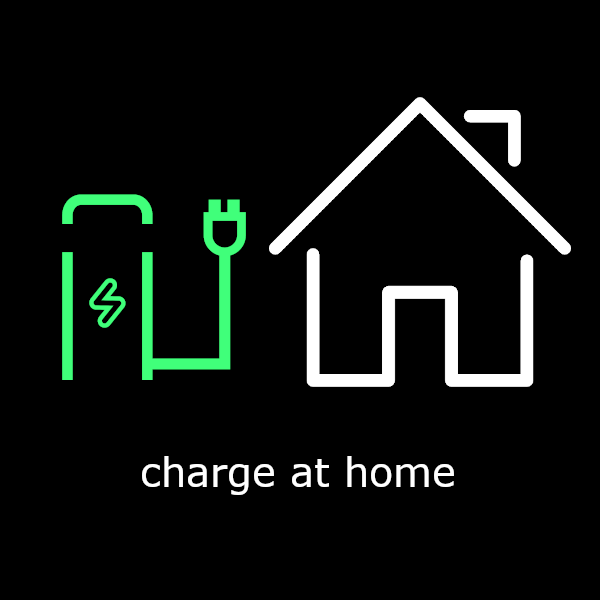
EV home charger grant
Save Up To €300 On A Home Charger such as the 7kWh zappi charger that is eligible under the SEAI scheme.
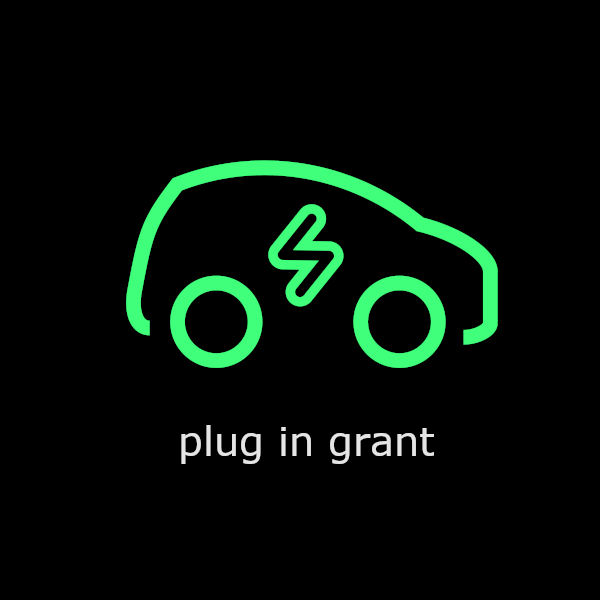
EV Public plug in charge point grant
SEAI grants – open to Local Authorities and Councils looking to install public car chargers
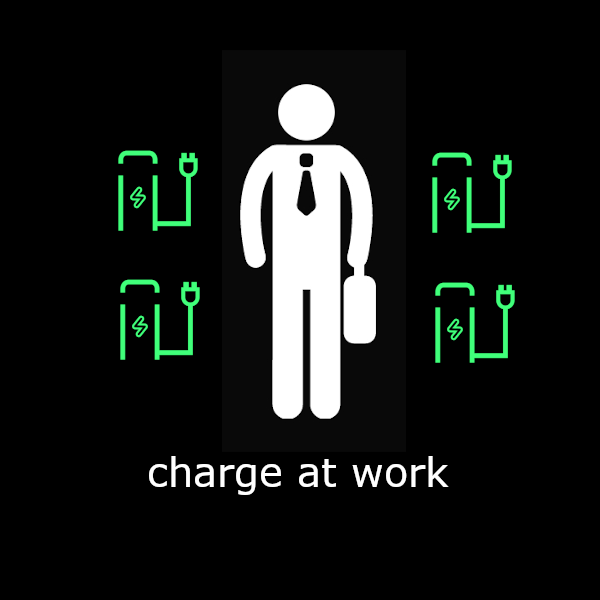
Other schemes include: –
You can find a full list of electric vehicle grants and schemes currently available in Ireland.
SEAI electric car grant types
SEAI grants Ireland
The SEAI grant is offered to encourage Irish drivers to switch to battery electric vehicles (BEVs). This grant focuses on the purchase of new electric vehicles and helps to reduce the cost.
As of July 2023, drivers can claim a government grant of up to €3,500 for privately purchased BEVs. The grant applies to cars priced between €14,000 and €60,000, and the amount is deducted from the total price of the vehicle at the time of purchase, through an approved dealer.
This grant is available for a list of SEAI-approved vehicles.
The SEAI grant is managed by the Sustainable Energy Authority of Ireland (SEAI), and full terms, conditions, and detailed information about eligible vehicles are available on the SEAI website.
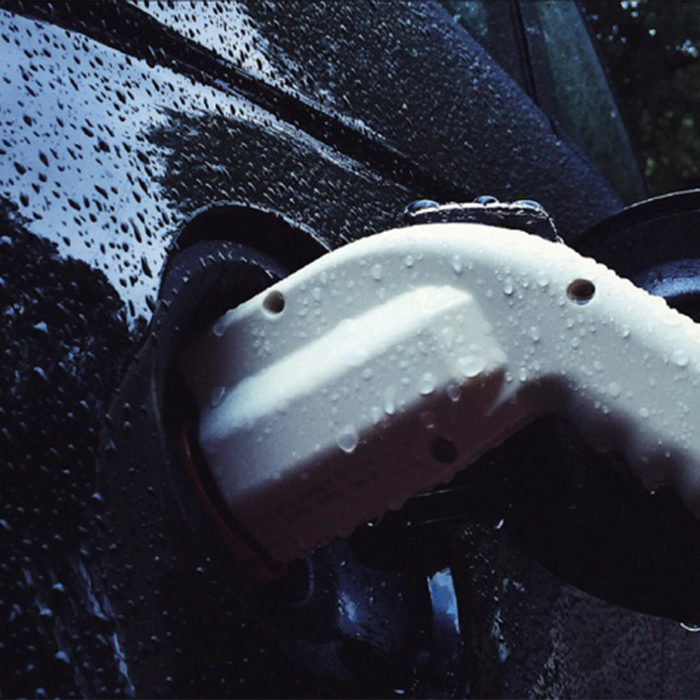
Electric car charging installation grant
This grant scheme, provided by SEAI, offers government-funded support to assist homeowners in Ireland with the purchase and installation of an electric car charging point. As of January 1st, 2024, residents of Ireland can apply for a grant of up to €300 towards the installation of a home charger unit.
Electric car charger installation grant check list
- Must be a private owner of an electric car, purchased after 01/01/2018
- You must have off-street parking, such as a driveway
- The charger must be connected back to the fuse board of the home of the grant applicant
- The charger model must be grant approved (such as the myenergi zappi)
- The charger must be smart enabled (requires an internet connection)
- Your chosen installer must be an OZEV approved installer
- The Meter Point Reference Number (MPRN), which you can find on your electricity bill, will be used to confirm the location of your home.
- The property can not be associated with a previous EV vehicle grant and charge point offer. For example, it can not have availed of the free ESB Ecars home charger pre 2018.
- Do not commence any work before the start date on your Letter of Offer otherwise this expenditure will be deemed ineligible and you will not receive grant support for it.
How to apply for an electric car grant
The first thing to bear in mind is the SEAI grant must be applied by yourself. The online application form is the easiest and quickest way to apply for the electric car grant.
Once your application has been approved, you will receive a Letter of Offer. This will be issued to you complete with a set of Terms and Conditions and a Payment Request form, after receiving the offer letter, you have 6 months to complete the installation of your charge point.
If you cannot complete the work within 6 months, you must cancel the grant and reapply when you are ready. Use SEAI’s EV Home Charger Grant Cancellation Request Form to cancel your application.
The work can only be performed by a fully qualified electrician who has registered accordingly with Safe Electric Ireland. Once the installation is completed you should complete the Payment Request Form. This will be completed by you and your Electrician. Your Electrician must provide you with a copy of Certificate Number 3. Review this and ensure it is completed properly.
Post your Payment Request Form to the address indicated on the Form together with the following items:
- Fully signed and completed Payment Request Form including bank account details
- Certificate Number 3
- Copy of Test Record sheet from Electrician
- Vehicle Registration Form (not required for a New car purchased in Ireland)
- Photographs of the installed charge point and the EV showing vehicle registration plate
Your electrician must send a fully completed copy of Certificate Number 3 to Safe Electric Ireland. We will check with Safe Electric Ireland that the relevant certificate has been filled for that work and that the electrician is a fully approved and registered electrician. Once this is confirmed, we will make an electronic payment of the grant amount to the bank details provided by the you.
Please note, on average applications will processed for payment on the Home Charger Grant Scheme in approximately 6-8 weeks from the date documents are received into SEAI.
myenergi Ireland are here to help guide you through the process, from purchase to completion.

 libbi
libbi